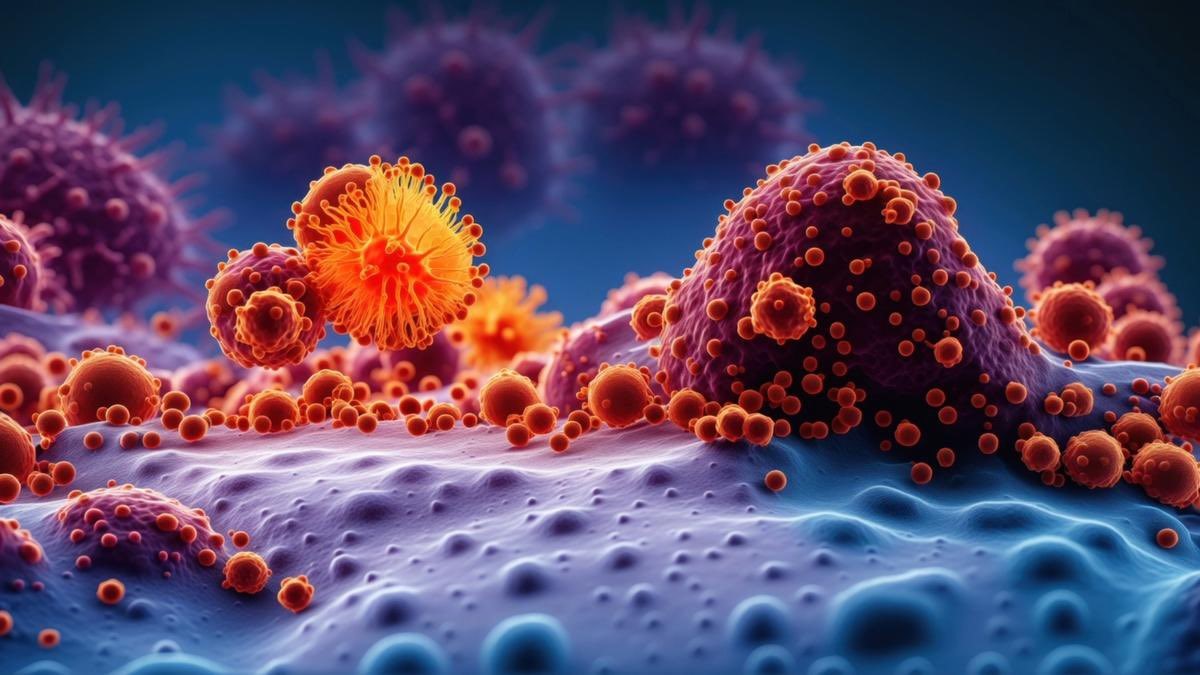Shahrin Ahmed, Medical Specialist at the Canadian Cancer Society, shared a post on X:
“The shutting down of molecules in key genes aids in the spread of disease, which could lead to new treatments for pancreatic cancer.
More than half a million people are diagnosed with pancreatic cancer every year, making it the 12th most common cancer worldwide. Among the most common forms of the disease, this one has the lowest survival rates.
Experts have been unable to find a treatment to eradicate pancreatic cancer for years, but a breakthrough has given hope in the quest for a cure.
Out of the 20 most common cancers, pancreatic cancer has the lowest survival rate. For a while now, patients’ survival beyond five years has not seen much improvement. Finding new ways to better understand this disease, its spread, and its aggressiveness is of utmost importance.
The most common stage for pancreatic cancer diagnosis is when treatment options become limited, and more than half of patients die within three months of being diagnosed.
A process called DNA methylation is triggered by pancreatic cancer, which leads to the switch off of molecules in the normally beneficial HNF4A gene, enabling tumors to grow extremely quickly.
Many of the body’s organs function properly due to the HNF4A gene, which is crucial to human health. According to the researchers, pancreatic cancer can covertly disable the gene’s benefits.
Pancreatic cancers are mostly diagnosed in their later stages, with 80% not being detected until it has spread and become untreatable.
The poor survival rate of the disease is evident in that more than half of those with it die within three months of being diagnosed. To make much-needed breakthroughs, it is crucial to improve our fundamental understanding of the causes of pancreatic cancer’s rapid growth and spread.
The aim of this project is to provide us with new information and hope on how pancreatic cancer can suppress certain molecules that allow it to spread aggressively throughout the body. Developing more effective treatment options in the future could be a result of this.”
Source: Shahrin Ahmed/X


